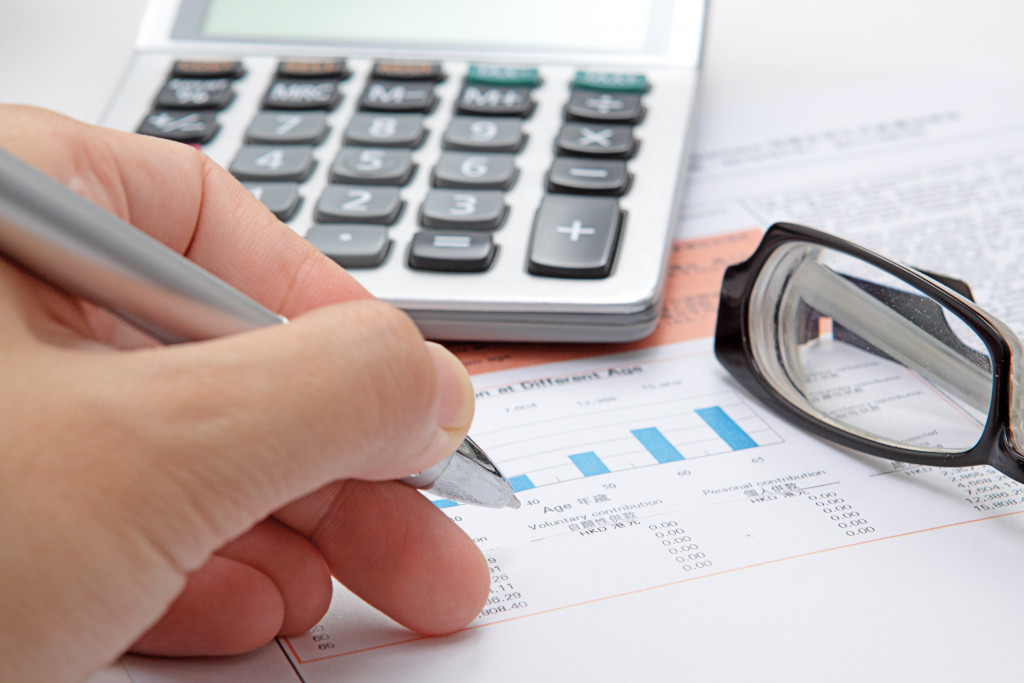As the world faces times of uncertainty, ordinary people also worry about their future. Some people are caught unaware of sudden changes in their careers, and others lost their jobs. You must recognize your life’s different financial stages and be able to prepare for them. Yes, including things as morbid as deceased management plans during the pandemic. You can never tell what emergency or catastrophe may suddenly come up.
Not many people know the stage they are in, but by focusing on these five phases, you will be able to manage any challenges that you might encounter.
Early Financial Accumulation
Typically, financial independence starts at the age of 21 to 30. Many things can happen during this phase. Some pursue higher education, while others start working on their full-time jobs. Some get their careers underway, settle down, and get married. During this phase, goals are short term and focused mainly on material accumulation. If you are at this stage, review your financial responsibilities and consider strict budgeting on your expenditure. Make sure that your income covers your expenses, monitor your debt level.
At this stage, try to establish a good credit history. Start saving, build your emergency fund, and consider getting a tax-free savings account. It is also the best time to get life insurance.
Middle Accumulation
When you reach your 40s to 50s, your financial plans should be in full effect. During this phase, you are already halfway to your retirement. Make sure you are aware of your net worth, and if you have not built it up yet, then you should start being serious about your financial planning. At this stage, you might be able to pay off mortgages and be debt-free. Your focus here now is to start wealth management so have some plans and goals to put in.
Pre-Retirement Phase
At 50 to 60 years old, you are getting closer to your retirement. At this stage, some of your financial plans may change dramatically. You may become more cautious when investing. Your financial mindset changes from accumulation, management, and then to safety. Plan for changes in your expenses and cash flow. Make it your aim to retire with little or with no debts to think about.
Retirement Phase

This much-awaited date finally comes, and hopefully, you are fully prepared for it. Now that you are no longer working, your pensions, benefits, and other social security grants are crucial to your success. At this stage, you have to make the best of your time and money. Generally, there is less income but fewer expenses after retirement, so you should implement a smart cash flow transition during this phase.
Stable Retirement Phase
After establishing clear financial routines and patterns in your retirement, your focus may turn towards succession and wills. It might be ideal to start downsizing when the children move forward and build their own families. Financially, you will not be spending too much, but the focus turns to preservation and maximization.
Many people spend too much time thinking about their financial goals. Some believe that they are too young to start investing for their future. This mindset should be changed, as we will never know what lies ahead of us. We must always plan five years before and keep a vision of your financial life plans in the next ten years.
While these financial stages are not appropriate for everyone, the key here is to avoid stalling and start planning.

